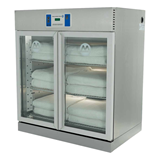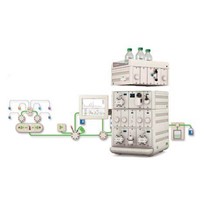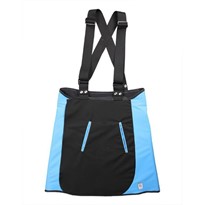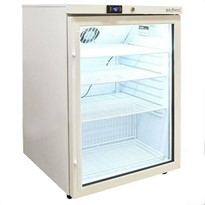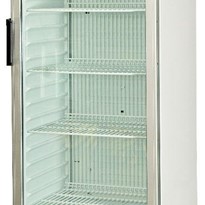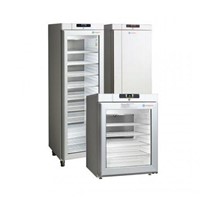Location of stock
- Glass doors - It is far easier to find items in a glass door vaccine fridge as they can be readily seen with the door closed. This helps to reduce door opening times and to help keep the vaccines in the desired temperature range.
- Solid doors - It can be harder to locate items with a solid door and therefore door opening times may be longer. This shouldn't present a significant problem as all vaccine fridges are designed to rapidly bring the temperature back into range. Door opening times can be reduced by having a fridge map located on the door.
Insulation
- Glass doors - Although double glazed, glass doors still have poorer insulation properties. If there is a power outage its advisable to cover the glass door with a thick blanket.
- Solid doors - Better insulation, lower power usage and better cold retention in the event of power outages.
Light impact
- Glass doors - Some vaccines are light sensitive, but by storing vaccines in their original boxes this reduces the risk of light exposure.
- Solid doors - Don't let light in through the door and the interior light only operates if the door is open.
Privacy
- Glass doors - If you don't want your customers to see inside your glass door vaccine fridge, it would be best to locate it away from your patients.
- Solid doors - Keeps drugs and vaccines out of sight and out of mind.
Price
- Glass doors - Slightly more expensive.
- Solid doors - Slightly cheaper.


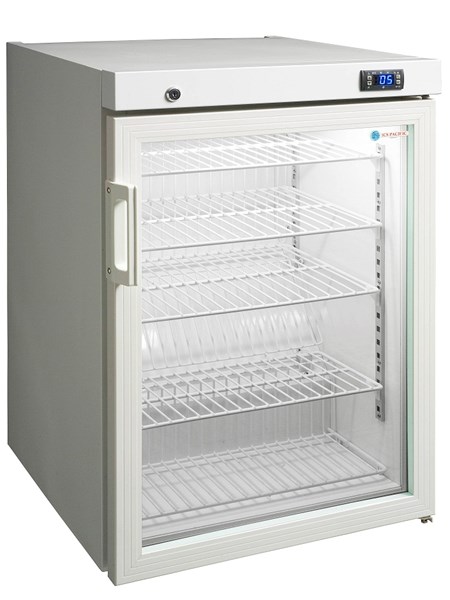
-160x160-state_article-rel-cat.png)






-160x160-state_article-rel-cat.png)
